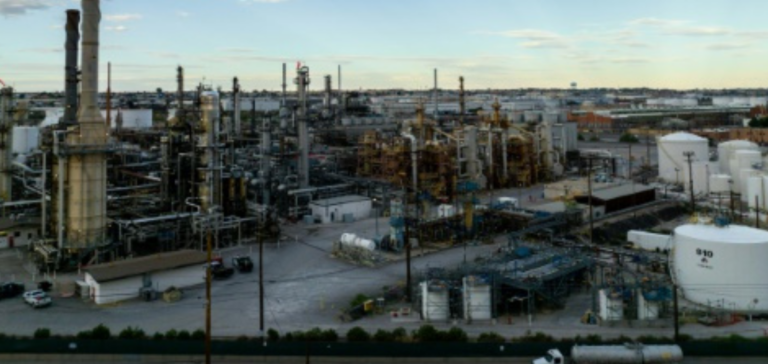World oil markets are currently focusing on the consequences of Israel’s ground offensive against Hamas in Gaza. They fear it will trigger a wider regional conflict, which could affect oil exports due to an aggressive response from Iran-backed Hezbollah, as well as from Iran itself.
“Oil markets are on edge,” Birol said in an interview with S&P Global Commodity Insights. “The question is whether one or more producing countries are directly involved in the crisis or not. If they are, we may well find that markets would be negatively affected in terms of supply disruptions and oil price rises.”
Impact on oil markets
Fears of the conflict spreading further into the Middle East added to the optimism of the oil markets. The mix of voluntary OPEC+ supply cuts is fuelling this optimism. It is also influenced by the heightened geopolitical risks arising from the ongoing conflict in Ukraine and sanctions against Russia. Western sanctions on Russian oil exports have reshaped the flow of crude oil and diesel to Europe since Moscow’s invasion of Ukraine last year. Yemen has also become a potential flashpoint for global oil markets. This could happen if peace talks with Iranian-backed Houthi militiamen fail due to escalating conflict between Israel and Hamas across the Middle East, analysts warned.
The perception of fossil fuels
Platts last assessed Dated Brent on November 6 at $88.095/b, down from a peak of $95/b following the Hamas attack on Israel on October 7, but up by around $13/b since the start of 2023. Platts is part of S&P Global. “I think if I were not an energy person but a man in the street, I would think that the claims that oil and gas are safe and secure choices for energy are getting weaker and weaker,” said Birol. “This is something the oil and gas industry needs to take on board. They’re losing a lot with the according that they’re a reliable, safe and secure choice for energy.”
Energy market volatility and supply concerns
“When I look at the natural gas markets, what happened two years ago, with the Russia-Ukraine situation and a sudden increase in gas prices, they became volatile and gas availability became a key issue,” he said. “Many Europeans were wondering, ‘Are we going to freeze here or not?’ Coming back to oil, people are on edge: ‘Are oil prices going to explode? What will the price of diesel be here if supplies are disrupted? We’re also wondering who will supply the oil if the Strait of Hormuz is closed,” said Birol. “People are also linking extreme weather events, the use of fossil fuels and their responsibility for worsening the climate crisis.
In its latest monthly oil market report, dated October 12, the IEA said it was “ready to act” by coordinating a release of strategic stocks should an escalation of the conflict in Israel impact oil supplies from the Middle East.
Noting that there has so far been no direct impact on physical oil supplies as a result of the conflict between Israel and Hamas, the IEA said it expected the international community to remain “very attentive” to the risks to oil flows in the region if there are signs that this could have political repercussions across the Middle East. Ever-increasing geopolitical threats and growing concerns about climate change are jeopardizing the reputation of fossil fuels as reliable energy sources. The head of the International Energy Agency, Fatih Birol, issues this warning against a backdrop of increasing pressure on oil markets due to conflicts in the Middle East and sanctions against Russia. The transition to cleaner, more sustainable energy sources seems inevitable, with potentially far-reaching consequences for the global oil and gas industry.






















